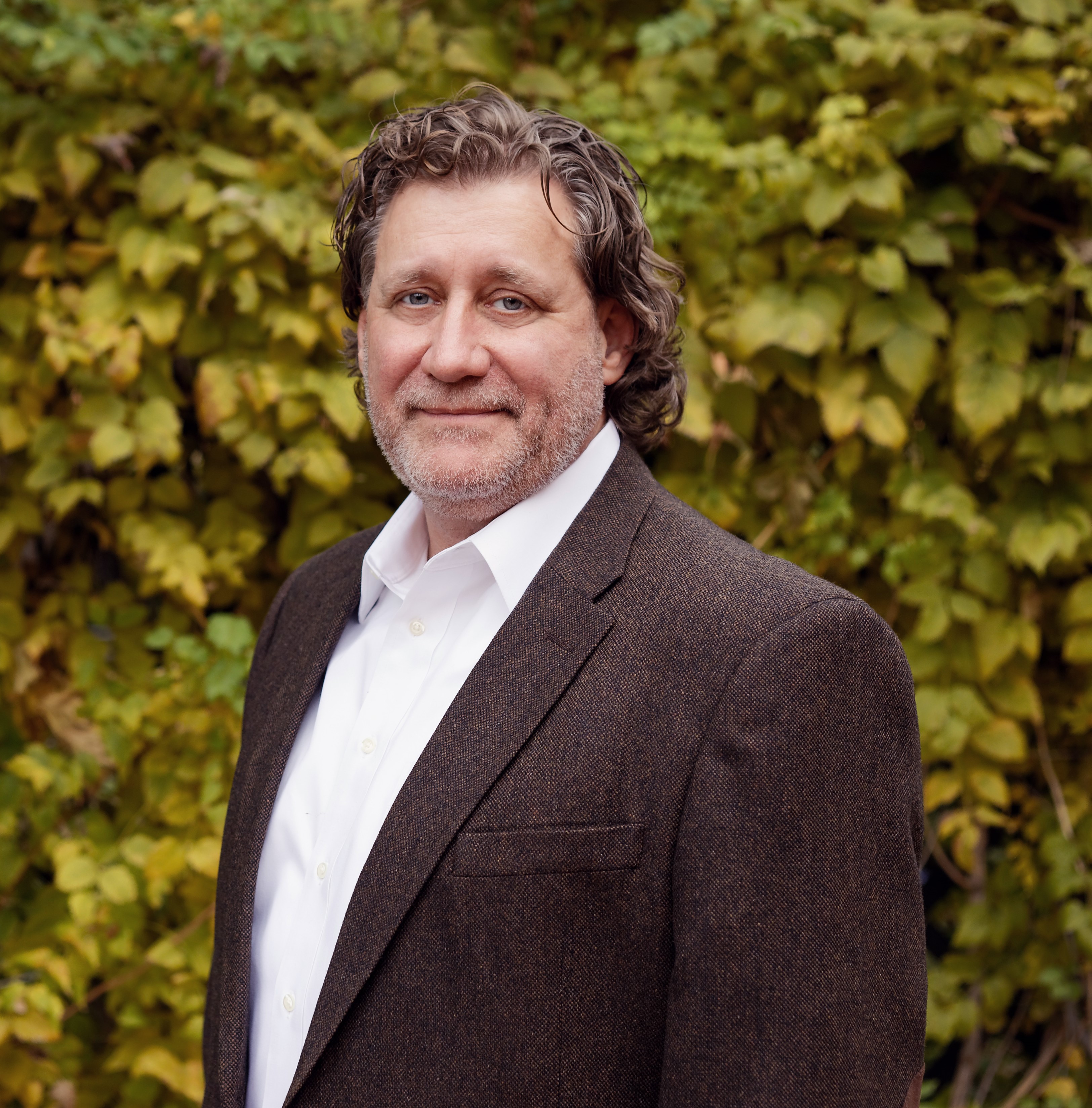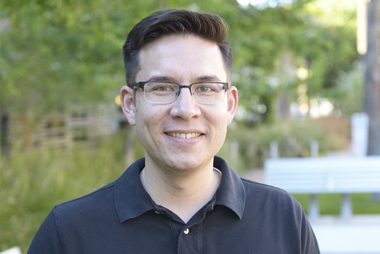School of Molecular Sciences researchers lead rapid COVID-19 test development
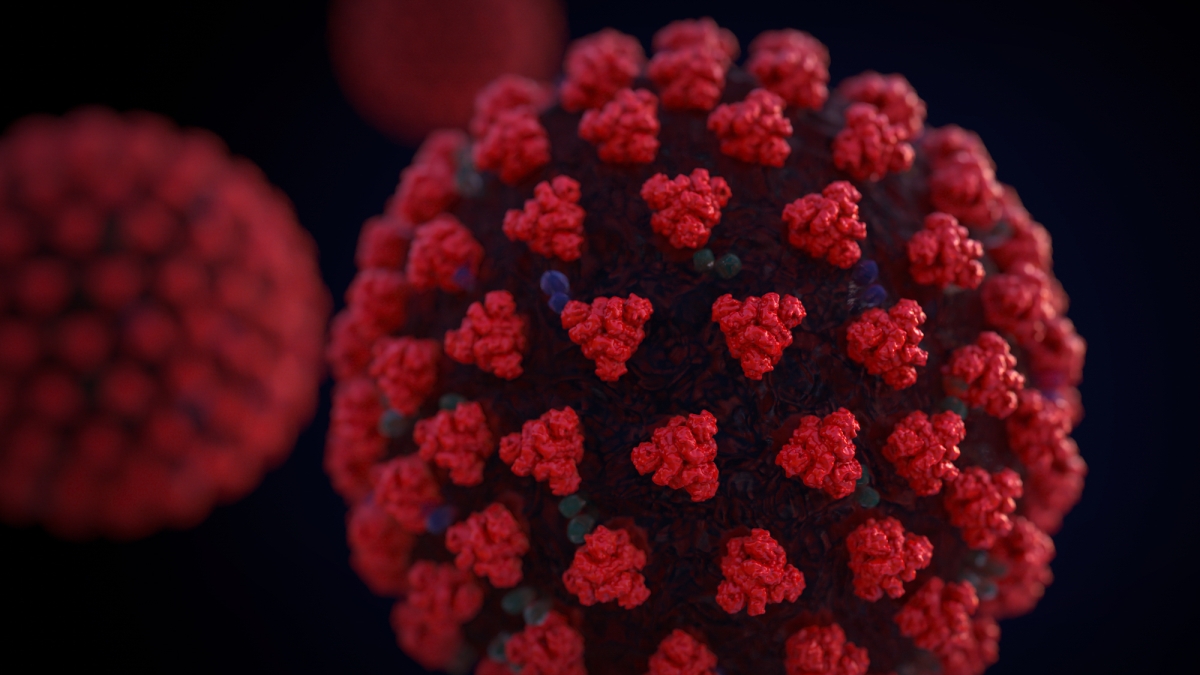
The effort to develop a rapid COVID-19 saliva test is being spearheaded by two School of Molecular Sciences researchers at Arizona State University.
Arizona Gov. Doug Ducey announced recently that ASU will receive a $6 million grant to develop a rapid COVID-19 saliva test. The goal is to develop a system that does not require trained personnel and can provide a PCR test result in 20 minutes at the site of need.
This endeavor is being led by three ASU researchers: Mark Hayes, Alexander Green and Jennifer Blain Christen. Christen is a researcher in the School of Electrical, Computer and Energy Engineering, while both Green and Hayes are researchers in the School of Molecular Sciences.
“That Alex Green and Mark Hayes have been chosen to lead such an important project illustrates the impact that (School of Molecular Sciences) research has both locally and nationally," said Ian Gould, director of the School of Molecular Sciences. "The development of this test will be of great benefit to the people of Arizona and will have a significant impact on our society and economy.”
Hayes is quick to credit everyone involved in this effort.
“To develop the COVID-19 saliva test has been and continues to require the collaboration of many people. It is truly a team effort,” he said.
Mark Hayes
Hayes’ research experience spans fundamental and applied bioanalytical chemistry, including materials science. Technology developed in Hayes’ lab is used to identify bacterial and viral pathogens, which contribute to improved patient treatment.
“A key aspect of detecting COVID-19 is to be able to isolate and identify coronavirus away from all the other bioparticles in saliva, which we have the ability to do,” he said.
When fully developed, the new test will allow for the testing and processing of as many as 40,000 samples per week on campus, and up to 60,000 off-campus samples.
Sample analysis and coronavirus detection build upon Green's research, which focuses on designing and developing biological sensors, including for viral detection. Recently, his lab developed portable diagnostic tests for Zika virus in low-income areas. This experience is now being used in the development of the rapid, portable COVID-19 saliva tests.
Alexander Green
“Our previous research has provided a crucial foundation for us to rapidly develop new tests for COVID-19,” Green said.
Incorporation of these technologies onto a disposable microfluidic chip is led by Jennifer Blain Christen. Christen’s team of engineers will embed the technology into a single-use cassette that incorporates a detection reaction. Data from the cassette can be collected to measure positive and negative results.
“The benefits to people’s health and to the overall community are difficult to overstate,” Hayes said. “The ability to quickly detect and respond to positive cases will help people receive treatment in a timely manner and reduce the spread of the virus, which will allow us to begin to return to normal.”
More Science and technology
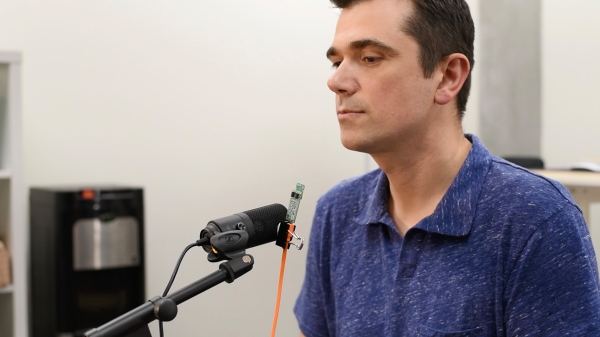
ASU researchers develop special microphone to verify human speech
Deepfakes have become a large societal concern with the advent of video and audio content generated by artificial intelligence,…
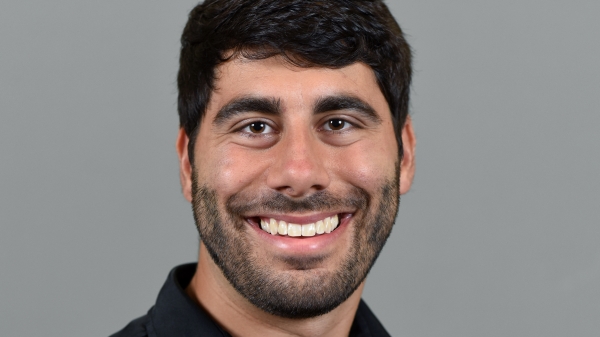
Leading students toward a future of renewable energy
Nicholas Rolston, assistant professor in the School of Electrical, Computer and Energy Engineering, one of the Ira A. Fulton…
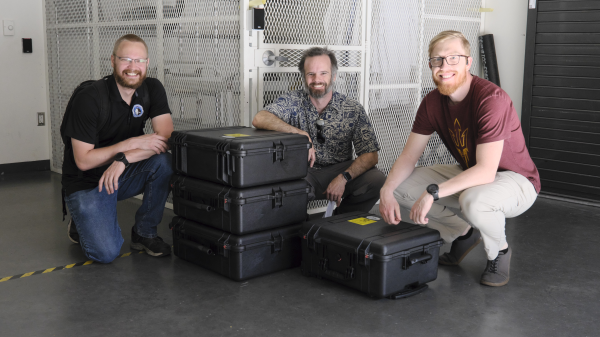
SPARCS mission spacecraft bus delivered to ASU for final assembly
The Arizona State University team that is building the NASA-funded Star-Planet Activity Research CubeSat, or SPARCS, cleared a…
